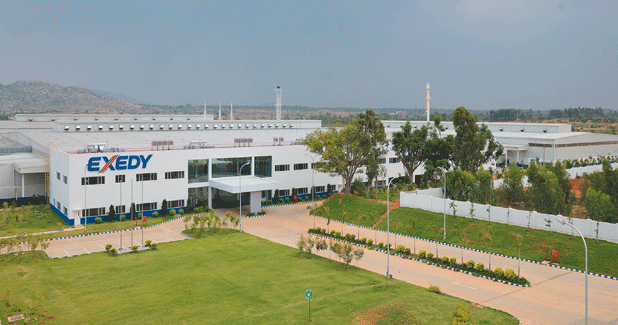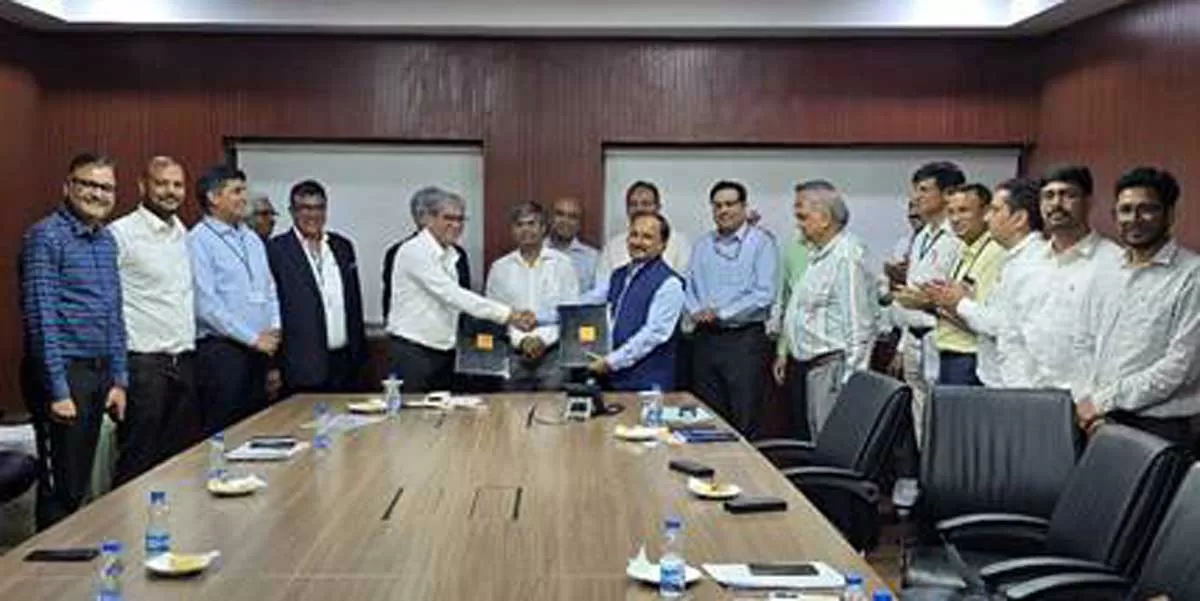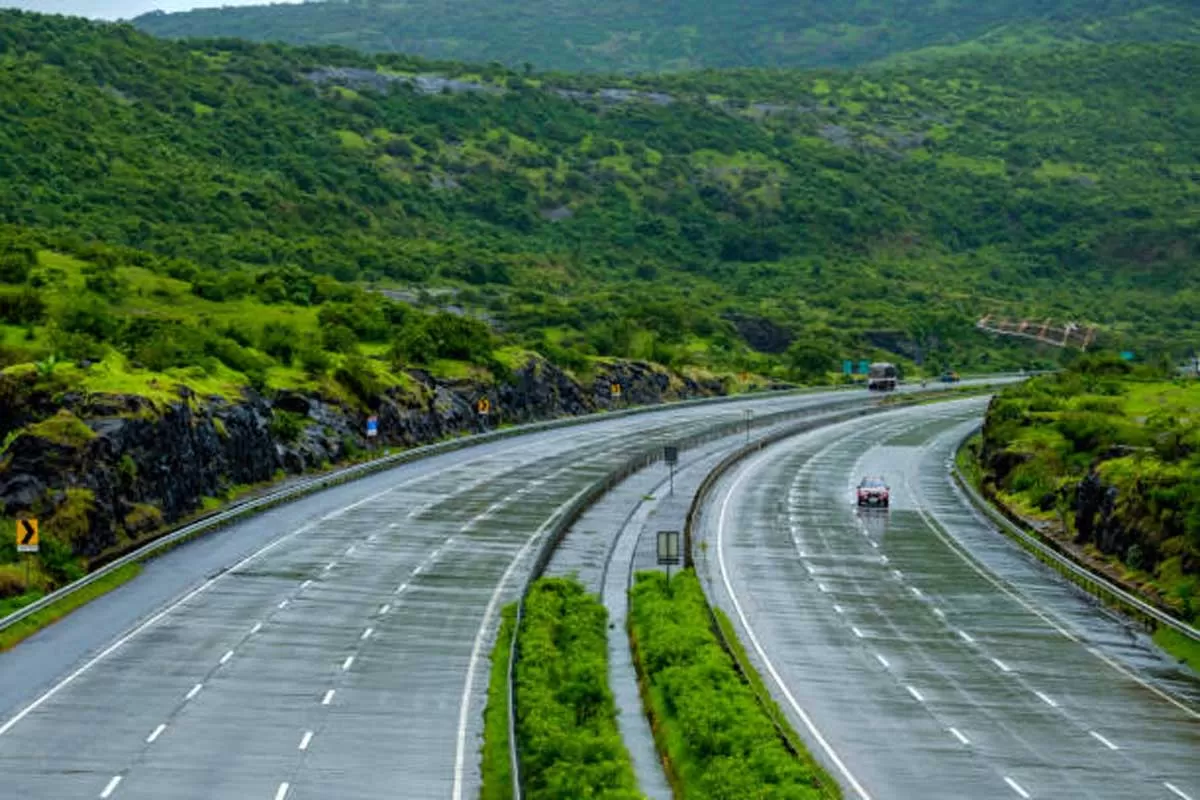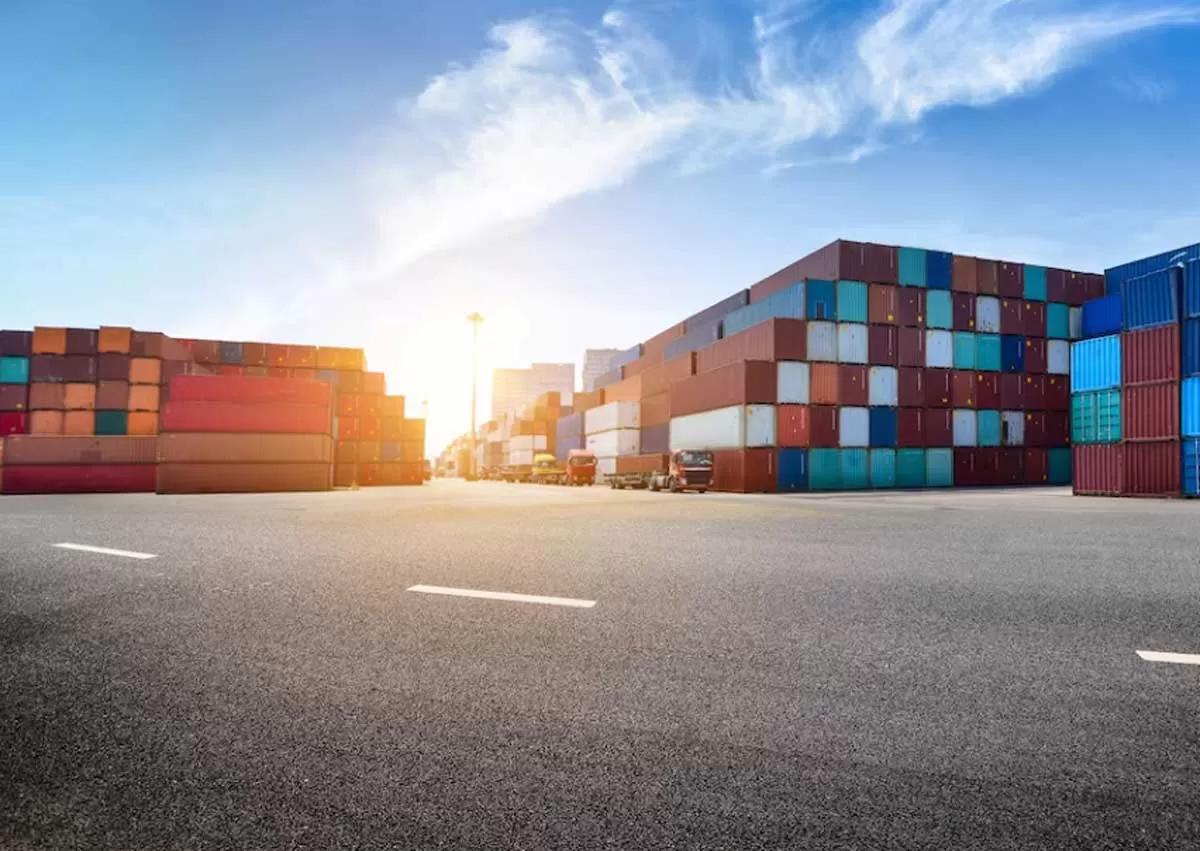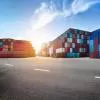-
Ashish Krishnaswamy, Director, KNK Group
Bengaluru-based KNK Group, a construction company born 35 years ago, has established its presence in the industrial and commercial sectors. Having expanded into government projects like the Karnataka Police Corporation and the Geological Survey of India, it is sure to make an impact in this segment too, after having established itself as a highly reliable contractor for corporate clients in the private sector. Expanding to the housing sector, the company also expects to raise the benchmark for quality and delivery. Ashish Krishnaswamy, Director, KNK Group, speaks to CW on current construction trends and technologies, and more.
How will the rise in material costs affect the industry? Are there any materials that can be used as substitutes?
The rise in cost is largely owing to government policies, which is actually good in the long run because they have clamped down on environmentally hazardous material consumption. The rising standards of statutory compliance and safety has increased labour costs. In spite of this, construction costs in India is low compared to most countries in Europe and the US. In fact, mature decisions have been taken. Earlier, there was a lot of hesitance by both structural designers and building owners to use certain materials. But now the whole market has entered a state of maturity by using available resources such as manufactured sand instead of river sand and also using fly-ash and other substitutes. Also, the extensive use of wood in formwork should be reduced and environmentally non-hazardous materials should be put into practice. The industry should take the rise of material costs in its stride.
What are your thoughts on the Modi Government´s initiatives?
The government has come up with good developments, such as smart cities, Housing for All and growth in infrastructure and urbanisation. These need to be supported by robust industrial growth as that is the core necessity. The demand for urban growth is a good sign. Construction is already a leading employer after agriculture. The construction sector should become more organised and we should become better employers. Smart cities still have to fall into place; the closest one to us is in Tumkur. We have to see what comes up - not just the smart cities but the industrial robustness and growth around them as well.
What parameters do you consider before taking up a project?
We focus on commercial and industrial projects. Before the project, we consider the quality of the occupant and the profile of the company building it. We have done a lot of pharma buildings, hospitals, etc. Our projects are high quality and we focus on the time frame. We are not always the lowest bidders as we have large budgets for safety and quality standards, well above the general industry standard. We work with clients who appreciate this and look for a high quality product built with exceptional safety standards. We have worked with some demanding and large corporate houses as our clients. It is a good experience for us, and sometimes, becomes a turning point for our benefit. Toyota is a good example of quality and we have imbibed that in us. Now, in any project we do, we use the same Toyota standards. On quality and delivery, we have learnt a lot working with clients - the right people who demand quality, safety and delivery.
With the Mission of Housing for All by 2022, do you plan to extend your services to the housing sector as well?
Yes, we have already begun expanding to the housing sector. We are developing some housing projects on our own and want to set exceptionally different standards on ethics, quality and delivery; and break the perception that a housing project will always be delayed. For example, one project that we have launched, called Mirror on Water, we are three months ahead of schedule; this is our first housing project. We have just made a beginning but our intention is to focus on that.
Do you use new technologies and materials in your projects? What are your views on trends in advanced construction practices?
We largely use mechanised technologies like cranes, lifting equipment and mechanised floor solution equipment. About 5 per cent of our turnover is invested in new equipment. We are concerned about the environment. We use plastic formwork and have used substitutes for cement, fly-ash; we are also using precast technology because labour is difficult to manage now; 70 per cent in Singapore use precast as a law. Moreover, labour shortage is forcing everybody to change practices, and considering the situation, now is the time to start mechanising. Today, people are open to it; clients are willing to spend a little more on new technologies. It saves time and there are several positive outcomes of this search for new technologies.
What are the initiatives taken to ensure safety?
KNK Group won the first prize for Construction Project Site Safety at the National Safety Day Awards in 2014. About 3 per cent of our project cost goes into safety. We also have induction meetings, training for workers; we have lunch with them to motivate them and inform them about compliance. We are involved in the safety aspect in every ongoing project; it is something we have learnt from experience over the years. We take great pride in being a safe construction company. We have seen how companies are in Japan. Also, we are engaged with the labourers who work with us.
Please share some insight on the current construction sector in Bengaluru.
Bengaluru has always been a preferred source for investment. At this point in time, especially for Japan, Karnataka seems to be the focus of investment. We are proud about this in Karnataka, and especially Bengaluru. The future looks good with some large companies investing in the city. We are also doing a lot of projects elsewhere in India, such as Jaipur, Hyderabad, in Telangana, Odisha and Andhra Pradesh. We are working all over India.
In the projects you execute, what is the purchase or procurement decision-making process?
This is looked after by our Vice President-procurement, who looks after our assets; under him is our General Manager. We have an ERP system and a vendor rating system, which is important to ensure good quality and service from our suppliers. We ensure all our vendors - be it the supplier, contractor or the smallest vendor - understand the values of KNK.
How did the company perform in the last fiscal and what are your expectations for the current and next year?
We are bagging some prestigious projects, and are now moving aggressively to projects outside Karnataka, into other states and regions. We were previously not in the government sector; but have now taken up government projects, which is a large source of revenue. This had been untapped by us but we are now moving aggressively in this direction. We have started two projects for the Karnataka Police Housing and Infrastructure Corporation and one project for the Geological Survey of India.
FACT SHEET
- Year of establishment: 1975
- Top management: KNK Swamy, Chairman; Ashish Krishnaswamy, Director
- Areas of operation: Construction for commercial, industrial, healthcare, hotels, leisure, infrastructure, mixed-use, residential, retail, sports and education
- Centre of operation: Bengaluru
- No. of employees: 356
- Completed projects: 140
- Ongoing projects: 14
- Upcoming projects: 4
- Turnover: Rs.211.24 crore
